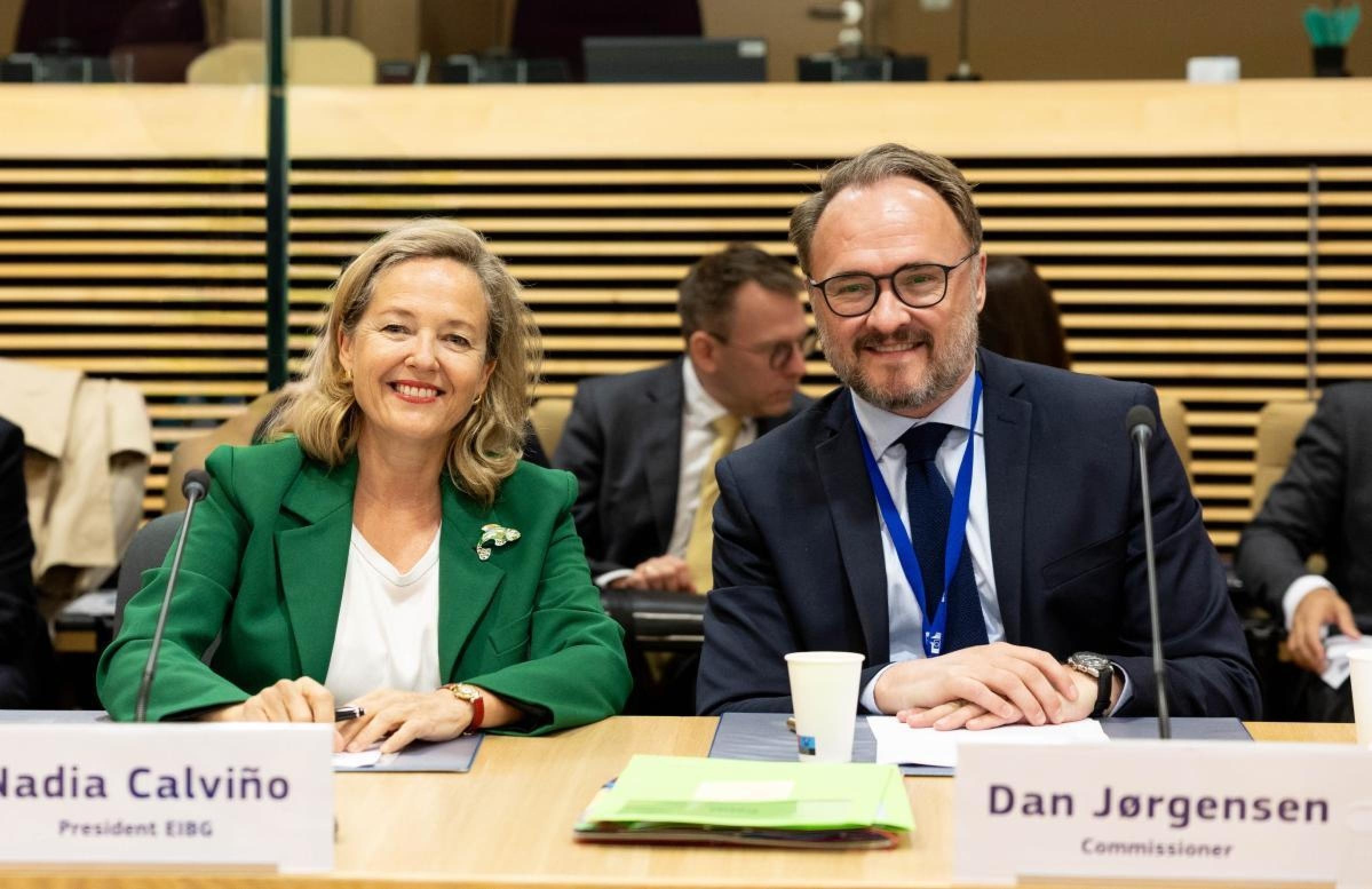Green transition
05 November 2025
Energy Union Task Force examines measures to bring down energy prices
Green transition
05 November 2025
EU Policy
Login / create an account to be able to react
-
11

Responding to the call by EU leaders at the October European Council, the Energy Union Task Force (EUTF) met today to exchange on measures to bring down energy prices. Participants from all EU countries and the European Commission focused on the set of immediate actions presented by Energy and Housing Commissioner Dan Jørgensen to energy ministers last month.
Editorial team
European Commission
Topics
EU-27
EU Institutions
-
Policy type
-
-
EU Policy
-
Share
The actions, which draw from the measures outlined in the Affordable Energy Action Plan, include targeted use of State aid, EU funds and financial instruments to support energy projects and energy-intensive industries, while also accelerating permitting, expanding and using better interconnections, diversifying gas supplies, and reducing taxes and levies on electricity.
In the EU, average wholesale gas prices are now at around EUR 30-35/MWh, down from EUR 150–300/MWh at the peak of the energy crisis. Electricity prices have fallen to about EUR 82/MWh on average, while with significant discrepancies in price levels across Europe, down from EUR 400/MWh at the peak. While this represents a significant drop, energy prices remain historically high. Further integration of clean energy in the EU countries’ electricity mixes, like renewables and nuclear, and ensuring that the system is ready through stronger interconnectivity, modern grids and sufficient storage and flexibility, will lower energy market prices.
Moreover, in addition to retail prices, the energy bills paid by consumers include taxes, levies and network charges. These have an impact on the competitiveness of European industries and household budgets.
Bringing energy bills further down therefore requires both shared collective action by EU countries and the EU.
At today’s meeting, the Energy Union Task Force specifically looked into the drivers for the current high energy prices, what measures are being taken so far at EU and national levels, and what can the task force address further. The Commission will continue to provide support to all EU countries through the task force, as well as in regional or bilateral formats.
Comments (0)
See also
Von der Leyen urges Europe to stand united and strengthen its defense in SOTEU 2025
- Categories
- Digital transition EU Policy Green transition
Stronger toy safety rules enter into force
- Categories
- Green transition
More than 350,000 European companies to get energy efficiency support under major EU financing initiative
- Categories




